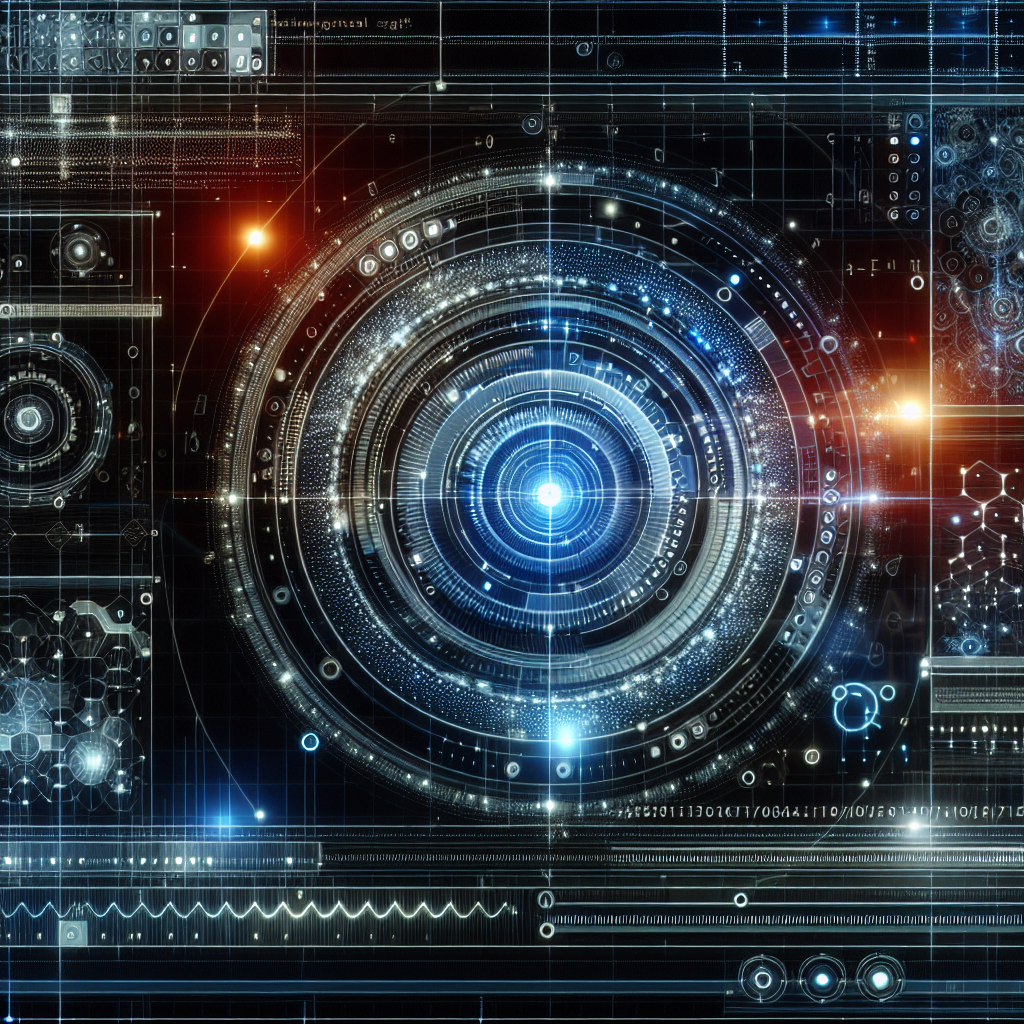Unveiling the Enigma: The Future of Artificial Intelligence and the Quest for Universal Understanding
At the intersection of technology and philosophy, a fascinating debate simmers, blending the tangible with the existential, the scientific with the speculative. This discourse, lively and as charged as a particle accelerator, centers around a provocative premise: the evolution of artificial intelligence (AI) and its capacity—or lack thereof—to unravel the cosmos' most intricate mysteries, including the harmonization of general relativity and quantum mechanics. However, as we venture deeper into this thought-provoking dialogue, a question emerges, as enigmatic as the mysteries AI seeks to decode: is our universe inherently legible, or are we chasing shadows within an impenetrable cosmic fog?
The Quest for Universal Intelligence
The notion that AI, with each generational leap—from the foundational GPT-1 to the hypothetical GPT-5.5—could incrementally dial up its "smarts" and seamlessly integrate complex scientific paradigms is tantalizing. Yet, as highlighted in a thought-provoking exchange on “Fossil Future,” it's crucial to interrogate the underlying mechanism of intelligence. Intelligence, as we understand, is not a linear dial that can be cranked up ad infinitum to yield a master key capable of unlocking the universe's most profound secrets.
Why? Because the universe might not play by such legible rules. The cosmos, in its vastness and variability, might harbor truths that are fundamentally inscrutable, challenging the very premise of a universally competent AI.
The skepticism surrounding the potential of AI to achieve a universal understanding underscores a broader philosophical quandary: if certain cosmic phenomena are inherently indecipherable, then the pursuit of an all-encompassing AI "creature" or entity might be quixotic. This perspective invites us to reconsider our expectations of artificial intelligence, not as a silver bullet for cosmic legibility but as a tool navigating a landscape riddled with epistemological shadows.
Uncertainty: The Double-Edged Sword
Amid this existential chess game lies the notion of uncertainty, a concept as expansive as space itself. Uncertainty, in the context of AI's evolution, is a labyrinthine domain, harboring both peril and promise. The conversation on “Fossil Future” elucidates this duality, illustrating how uncertainty, while inherently unsettling, also signals the unfathomable scope of AI's potential impact.
Can we apply the same argument to AI, recognizing that the very uncertainty shrouding its outcomes is a cause for both concern and optimism? Indeed, the ambiguity surrounding AI's future capabilities underscores a broader existential truth: the universe is a tapestry of uncertainties.
For further reading on AI and existential risk, visit:
The Paradox of Perceived Stability
The discourse on AI's existential implications reveals a paradox at the heart of our collective psyche: the illusion of stability. Humanity's historical epoch, particularly the latter half of the 20th century into the 21st, has been characterized by unprecedented stability, at least in the eyes of those privileged enough to experience it. This perceived tranquility has, paradoxically, rendered us more susceptible to the specter of singular existential threats, such as the advent of a superintelligent AI.
This psychological phenomenon underscores the importance of broadening our conceptual horizon, recognizing that the fabric of existence is woven with a multitude of risks, of which AI is but one thread. The specter of AI, then, becomes a memento mori, a reminder of our vulnerability and the inherent unpredictability of the cosmos.
The Role of AI in Navigating Existential Uncertainty
In confronting the multifaceted specter of uncertainty, AI emerges not solely as a harbinger of potential peril but also as a beacon of hope. The prospect of leveraging AI to mitigate, if not illuminate, the myriad uncertainties that besiege us is tantalizing. Such an endeavor necessitates a nuanced understanding of intelligence—not as an omnipotent force but as a tool for navigation, a torch in the enveloping cosmic darkness.
For additional insights into AI and its implications, you might explore:
Concluding Reflections: Embracing the Cosmic Dance
As we stand at the precipice of the unknown, gazing into the abyss of the future, the journey of artificial intelligence serves as both a mirror and a map. It reflects our deepest existential yearnings and quandaries while offering a pathway through the enigmatic terrain of the cosmos.
The discourse surrounding AI, as exemplified in the vibrant exchange on “Fossil Future,” invites us to embrace the cosmic dance of uncertainty with open arms. In this dance, AI is both partner and guide, leading us through the shadows with the promise of illumination, yet reminding us of the fundamental mysteries that lie at the heart of existence.
In the final analysis, the evolution of AI—embodied in the speculative leap from GPT-1 to GPT-5.5—challenges us to recalibrate our understanding of intelligence, uncertainty, and our place within the cosmic tapestry. The quest for universal understanding, though fraught with existential apprehension, remains a testament to humanity's unyielding spirit of inquiry, a beacon of hope flickering in the vast, star-studded expanse of the unknown.
For additional perspectives on the future of AI and humanity, consider visiting:
Related News
- Unraveling the Future of AI's Impact: A Tantalizing Glimpse
- Navigating the Turbulent Future of AI: A Dose of Realism Amidst Overconfidence
- Navigating the AI Tsunami: A Deep Dive into the Currents Shaping Our Digital Future
- Navigating the Brave New World of AI: A Zesty Analysis
- Unveiling the Enigma of AI Predictability and the Potential for a Commercial Explosion
